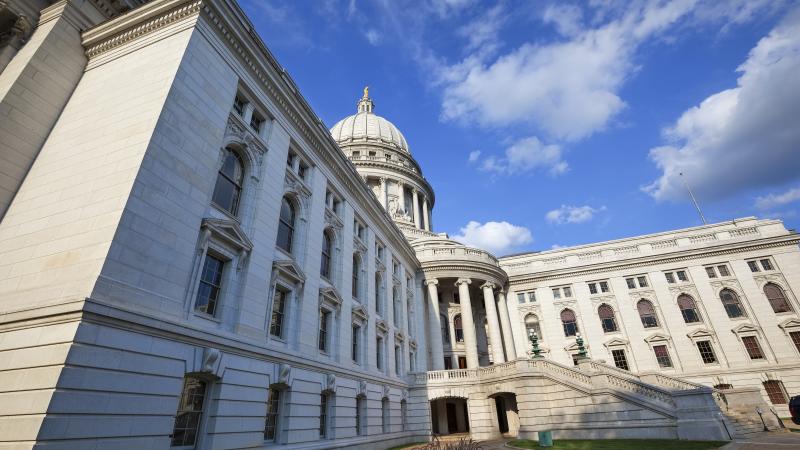Gorsuch, Roberts side with liberal Supreme Court justices in immigration case
Supreme Court Chief Justice John Roberts and Neil Gorsuch agreed in the 5-4 ruling that illegal migrants under the 60-day departure timeframe that falls on a weekend or on a federal U.S. holiday should be extended to the next business day.
Two conservative Supreme Court justices sided with the court's liberal justices on Tuesday, in a narrow immigration decision that extends the deadline for some illegal migrants to self-deport if their deadline is on a weekend or holiday.
Supreme Court Chief Justice John Roberts and Neil Gorsuch agreed in the 5-4 ruling that illegal migrants under the 60-day departure timeframe that falls on a weekend or on a federal U.S. holiday should be extended to the next business day.
Gorsuch, who penned the opinion for the majority, wrote that the court's ruling is in line with long-standing administrative practices, because federal deadlines typically exclude weekends and holidays.
"When Congress adopts a new law against the backdrop of a ‘long-standing administrative construction,’ the Court generally presumes the new provision works in harmony with what came before," Gorsuch wrote. "Since at least the 1950s, immigration regulations have provided that when calculating deadlines, the term ‘day’ carries its specialized meaning by excluding Sundays and legal holidays (and later Saturdays) if a deadline would otherwise fall on one of those days."
Justices Clarence Thomas, Samuel Alito, Brett Kavanaugh and Amy Coney Barrett dissented, arguing the Supreme Court did not have jurisdiction. But the ruling overturns the 10th Circuit Court of Appeals' and the Board of Immigration Appeals' decisions, per Fox News.
Alito also said in a separate dissent that he believed the court's interpretation was incorrect, and that the 60-day window includes weekends and holidays.
"There will always be a sympathetic pro se alien who is a day or two late," Alito wrote. "Unless the Court is willing to extend the statutory deadline indefinitely, it would presumably be forced to say in such cases that a day too late is just too bad. For this reason, sympathy for petitioner cannot justify the Court’s decision."
Misty Severi is a news reporter for Just the News. You can follow her on X for more coverage.












